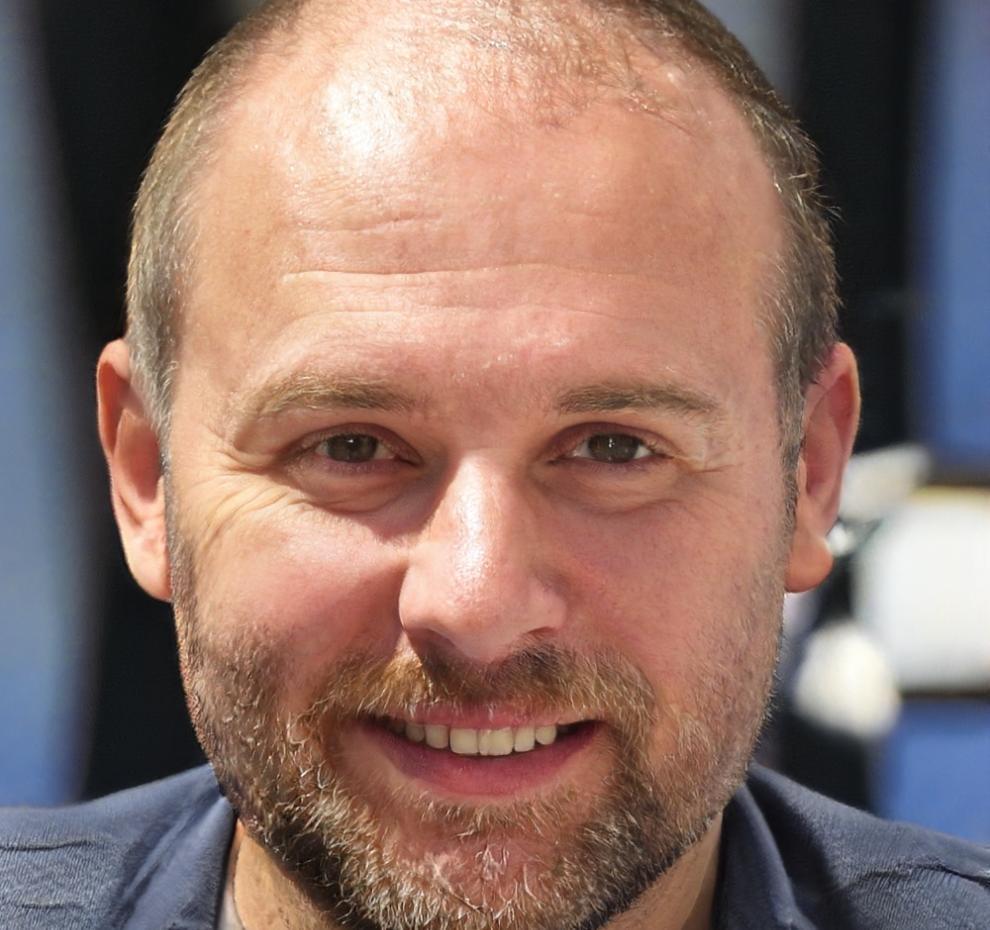Budget Benchmarking Skills That Actually Stick
Real financial control doesn't come from templates or generic advice. Our learning program walks you through actual Australian business scenarios where you'll build practical skills in budget analysis and performance comparison.
Chat With Our TeamHow We Approach Learning
Most programs throw theory at you and hope it sticks. Ours doesn't work that way.
Starting October 2025, we're running six-month cohorts where you'll work through real budget challenges from Queensland businesses. Not textbook examples – actual financial situations that needed untangling.
You'll spend time each week comparing your business spending against industry standards, spotting where money leaks out, and building the muscle memory that makes budget decisions quicker and smarter. The work happens in small groups because some of the best insights come from hearing how someone else tackled the same problem differently.
By March 2026, participants who've gone through the full program usually have a pretty solid handle on where their money's going and why. Not because we gave them a magic formula, but because they've done the work enough times that it becomes second nature.

Who You'll Learn From

Jasper Thornfield
Spent twelve years helping Brisbane manufacturing firms make sense of operating costs. He's got a knack for explaining variance analysis without making your eyes glaze over.

Freya Calloway
Gold Coast retail background means she understands seasonal cash flow headaches. Her sessions focus on building budget frameworks that bend without breaking.

Declan Ashworth
Worked with hospitality groups across Queensland tracking profit margins. He's particularly good at showing you how to read what your competitors might be doing.
What Changes After Six Months
Faster Budget Reviews
You'll cut the time it takes to review monthly financials by about half. Once you know what to look for, the patterns jump out faster and you spend less time hunting through spreadsheets wondering if something's off.
Confident Variance Analysis
When actual spending doesn't match the plan, you'll know within minutes whether it's worth worrying about or just normal business noise. That clarity helps you make decisions without second-guessing yourself constantly.
Industry Comparison Skills
You'll understand how to benchmark your spending against similar businesses in your sector. Not to copy what everyone else does, but to spot where you might be overpaying or where extra investment could make sense.
Better Resource Planning
The next time you need to plan for growth or cut costs, you'll have frameworks that help you think through the ripple effects. Less guesswork, more informed choices about where money should go.
One Person's Experience
Before
I was constantly surprised by where our project budgets ended up. We'd estimate costs, but three months in, labour would be way over or materials would spike and I'd have no idea if that was normal or if we'd messed up the planning.
During The Program
The worksheets forced me to actually compare our numbers against similar projects. It was uncomfortable at first because it showed how much we were guessing. But after doing it weekly for a few months, I started seeing patterns in where costs typically drift.
Now
I can look at a project budget mid-way through and tell you within about ten minutes if we're tracking okay or if something needs attention. My boss noticed I'm asking for corrections earlier, which means we're not scrambling at the end trying to figure out what went wrong. It just feels more in control.